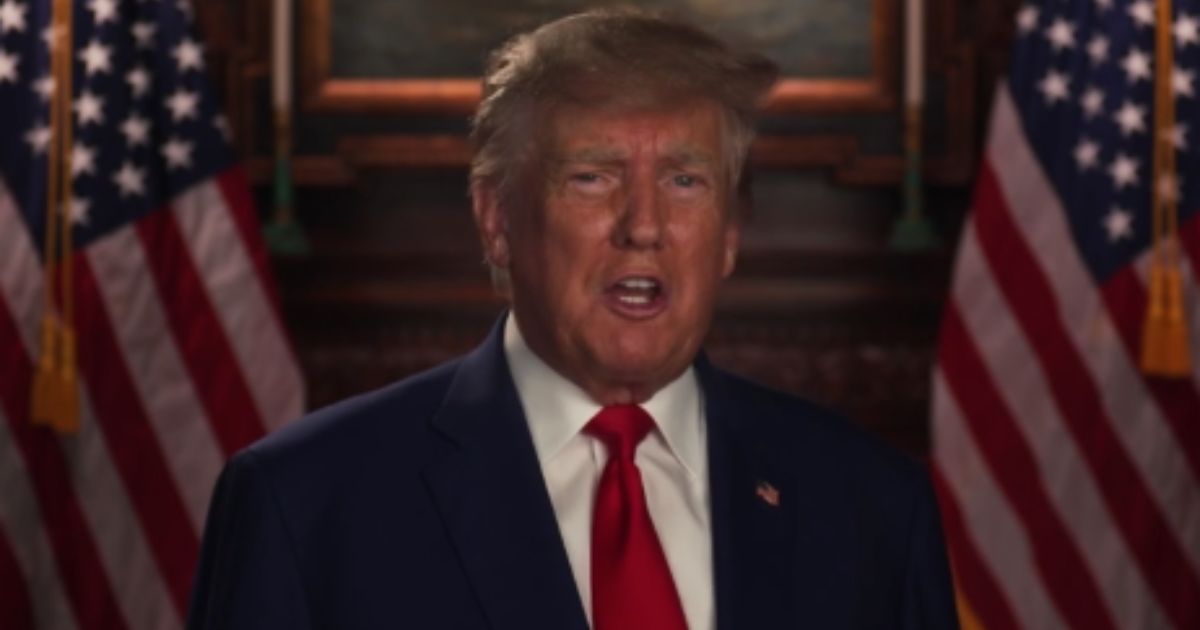Supreme Court debates charity's religious tax status
The U.S. Supreme Court today grapples with whether acts of serving the needy should be recognized as religious activities for tax exemption purposes.
According to CBN, this landmark case may alter how religious organizations qualify for tax benefits, centered on whether their societal contributions can be deemed inherently religious.
In 2023, the Wisconsin Supreme Court ruled that Catholic Charities' endeavors did not qualify as "typical religious activities," making them ineligible for a religious tax exemption. The case emerged when the state required the charity to employ only Catholics and seek to convert those it helped to qualify for the exemption—criteria that Catholic Charities did not meet.
Catholic Charities, affiliated with the Diocese of Superior, operates extensively across 16 counties in northern Wisconsin. It provides housing for economically disadvantaged seniors, individuals with disabilities, and mental health patients, and runs five community rehabilitation programs.
The Intersection of Faith and Charity in Legal Scrutiny
The organization states that its mission focuses on serving all individuals in need without pushing a religious agenda, aligning with its Catholic values. However, Wisconsin's tax laws have scrutinized this inclusive approach, leading to the current Supreme Court challenge.
The state argues that Catholic Charities does not qualify for a religious tax exemption because it does not exclusively hire Catholics or evangelize to those it assists. Wisconsin’s stance has sparked significant debates about the essence of religious freedom and how charitable organizations express their religious beliefs in practice.
This case carries vast implications, potentially influencing how religious organizations across the U.S. qualify for tax exemptions based on their operational methods and hiring practices.
Pivotal Quotes Illuminate Core Issue
Archbishop Emeritus Jerome Listecki of the Archdiocese of Milwaukee highlighted the motivation behind the charity's actions, stating, "We're not asking if they are Catholic, we're not asking that they be Catholic, we're asking, are they in need, and then it's our responsibility." This assertion emphasizes the charity's mission of universal love and service, central to their argument for tax exemption.
Alan Rock, the executive director of Catholic Charities, expressed dissatisfaction with the state’s definition of religious activities, "The state has stated that we're not religious enough because we serve all people that come to us in need and that we don't proselytize, which is something we cannot do as part of our Catholic tradition."
Support from advocacy groups like Concerned Women for America underscored the broader implications for religious freedoms. Penny Nance remarked on the essential nature of defending First Amendment rights in such scenarios, particularly highlighting the charity's longstanding service since 1917.
Unpacking the Broader Implications for All Faiths
Listecki further criticized the narrow interpretation of religious activity by the courts, suggesting it unfairly penalizes any faith group that serves the broader community without imposing religious beliefs. His comments raise concerns about potential widespread impacts on religious charities nationwide.
As the Supreme Court hears arguments, the decision will have profound implications not only for Catholic Charities but for numerous faith-based organizations across the country. Will the court lean towards a broader conception of religious activity, or will it uphold the state of Wisconsin's narrower view?
Legal experts, charity workers, and religious leaders alike await with bated breath, understanding that this decision could significantly influence the landscape of religious and charitable practices in America. The resolution of this case will either reinforce or redefine the intersection of faith-based service and legal recognition, setting a precedent for future matters of religion and charity in law.





